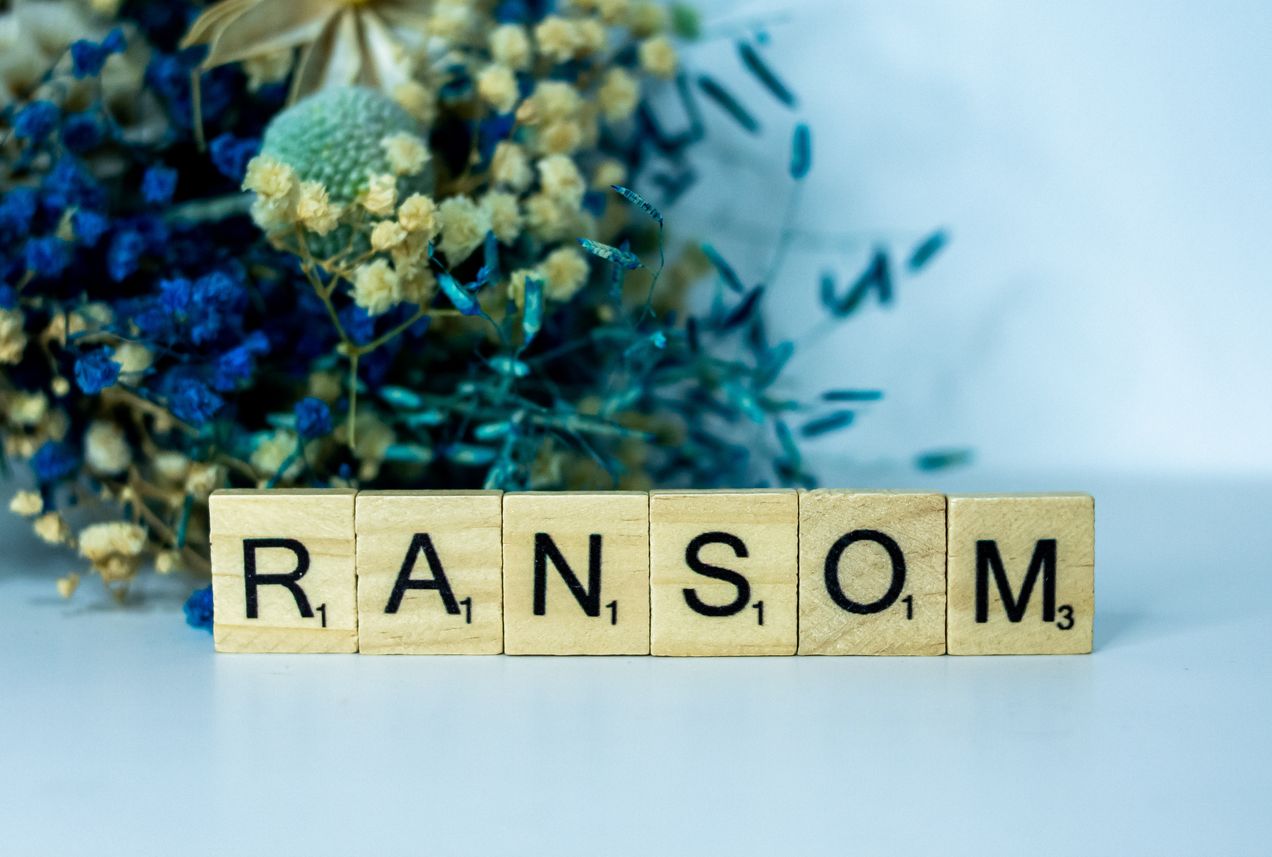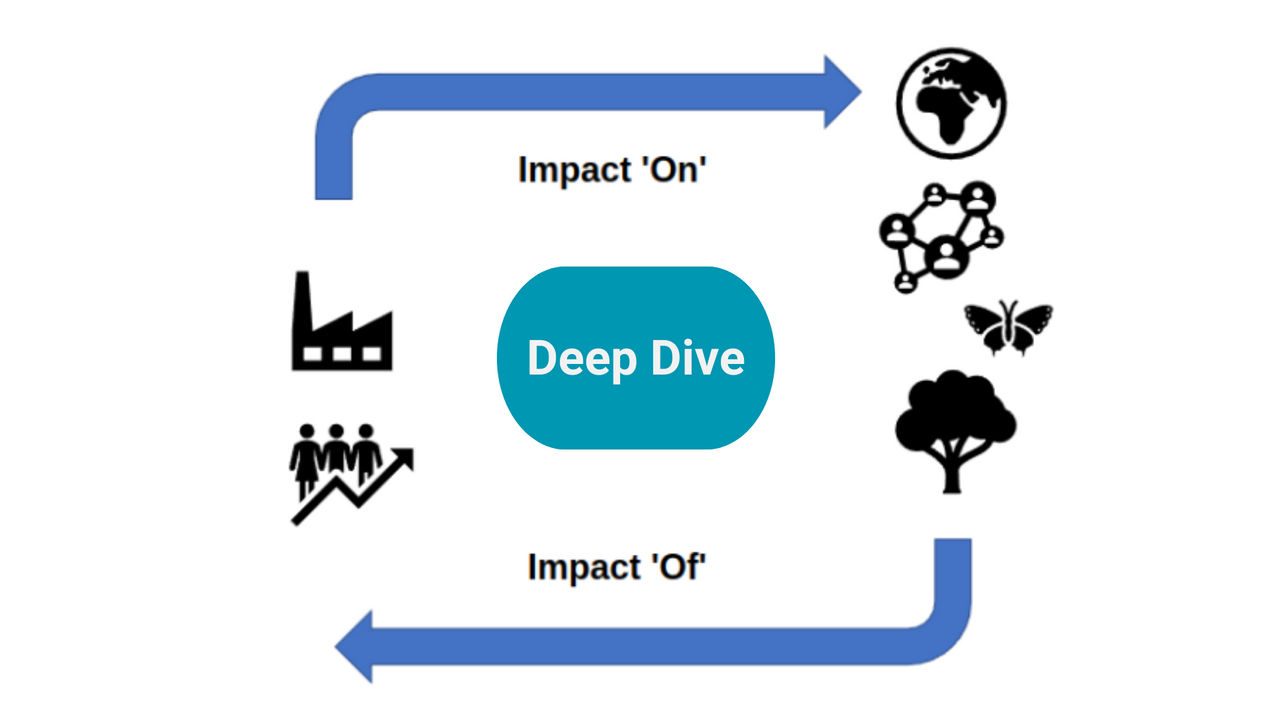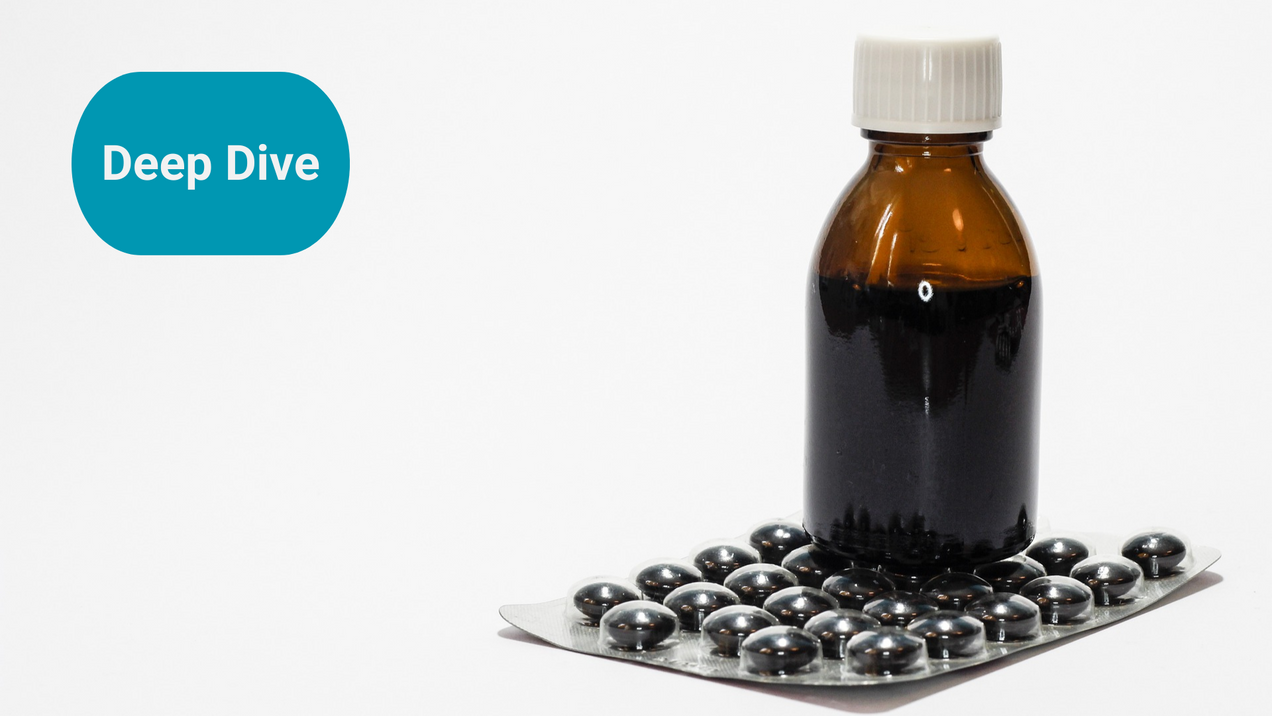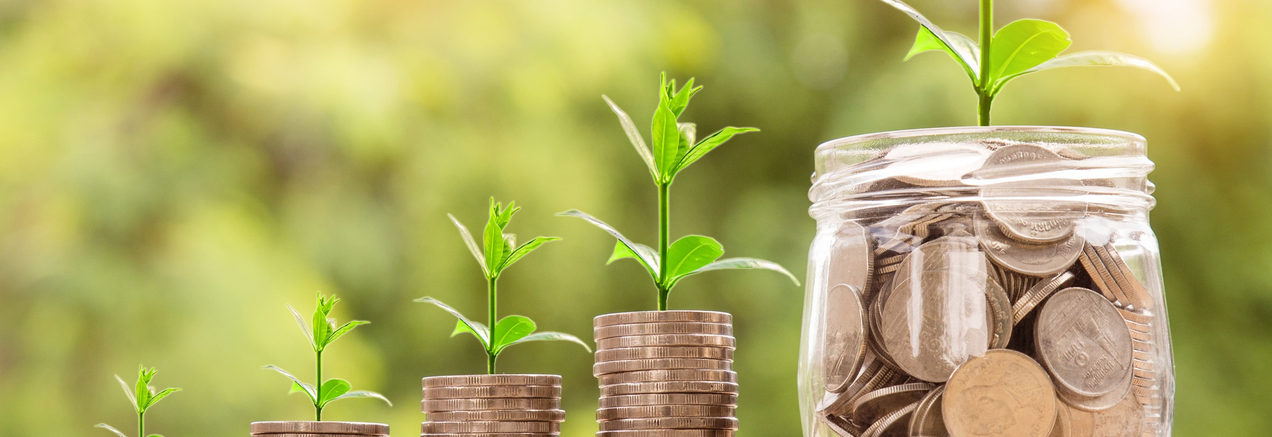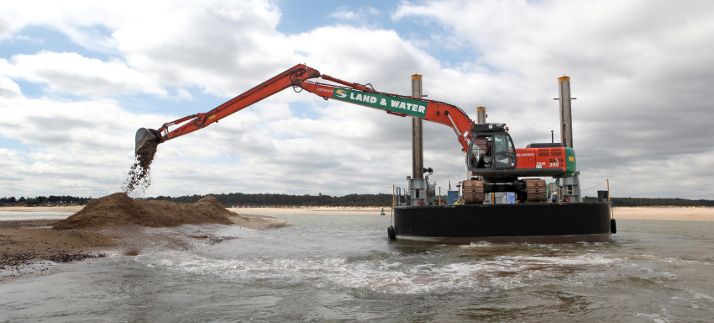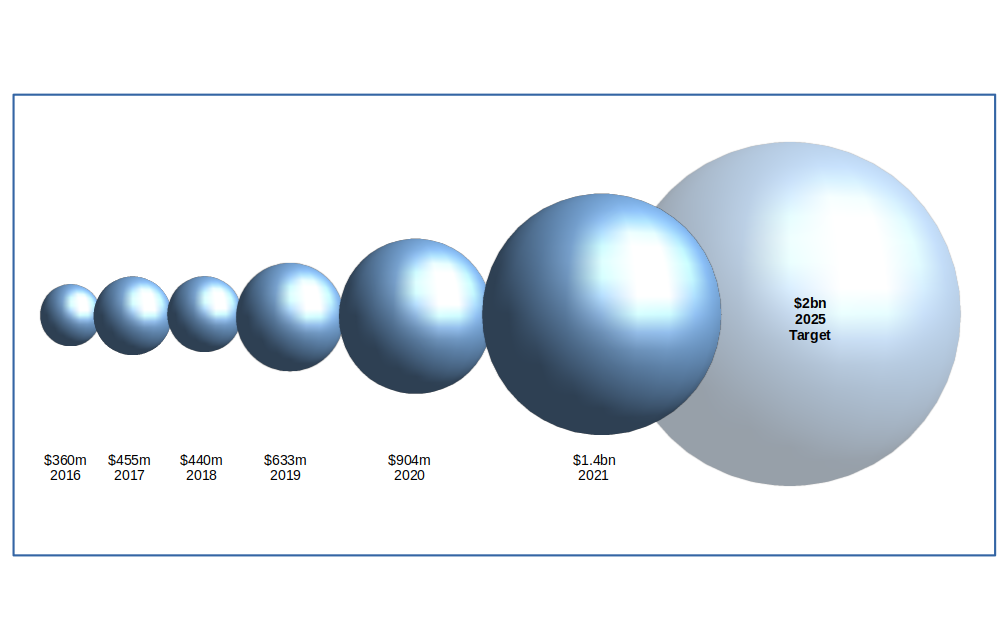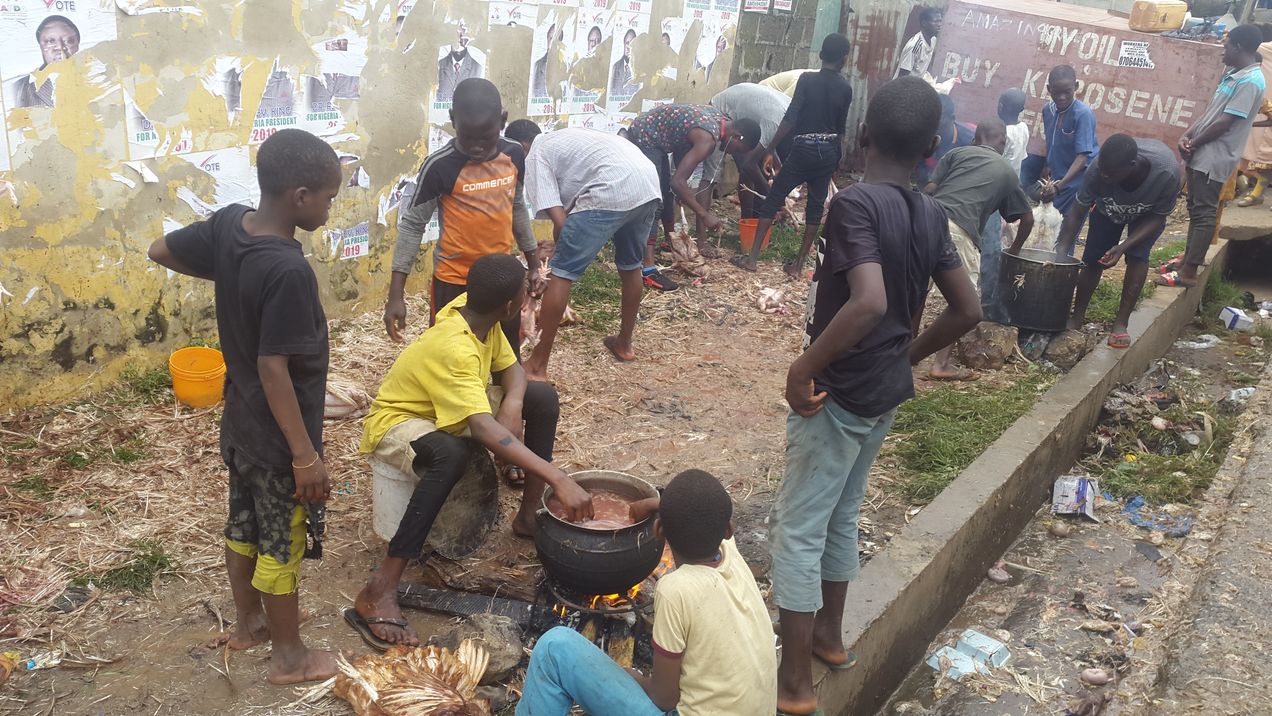Transitions/Human Rights
All about the wider issues that come out of the sustainability transitions including human rights
Is cyber crime insurance feeding on itself?
Demand for cyber crime insurance is increasing, but so are the payouts. Is this fuelling yet more attacks?
Going all out and the risk of inadvertent greenwashing
Greenwashing is not always malevolent. As Boards shift their focus to include a broader range of shareholder interests, they need to be sure they understand what 'additionality' they are actually providing.
Double materiality - the 'on' and 'of' switch
There has been a shift in thinking from just considering the impacts 'of' the environment and society and how they impact a business to also considering the impact of the business 'on' the environment and society as a whole.
The risk of actual (and perceived) provenance issues
Provenance of products and raw materials is a key risk factor for any manufacturer. It is essential that companies have appropriate governance measures for their supply chains (and downstream distribution) and have action plans for dealing with disruption to supply and/or sales.
Agriculture and indirect migrant labour exploitation
Exploitation of migrant workers does not only take place in the global south, it's also an issue in Europe as well, especially in the agriculture industry.
Defining what a sustainability linked bond is
Standards matter - vagueness in the definition of what makes a sustainability linked bond makes it tough for investors to be sure that they "do what it says on the tin".
Building resilient hubs
In many places climate adaptation, rather than mitigation is needed. Not just protection against, but aid for recovery after extreme weather events.
Trying to keep industry in Europe?
With sluggish growth, high energy costs and over regulation is their a risk that production moves out of Europe?
Transition as important as endgame for industrial revival
Industrial revival can sustain communities and provide infrastructure for new greener industrial processes and products. But how we get there is important.
Insurance industry creating impact and risk-adjusted returns
There are a number of ways in which insurance companies can have a positive impact - and make money at the same time.
Mass tort and the Texas Two Step
Not illegal but isn't this just outsourcing liability?
Moves to ban products made with forced labour
Avoiding human rights abuses in supply chains is increasingly important.
